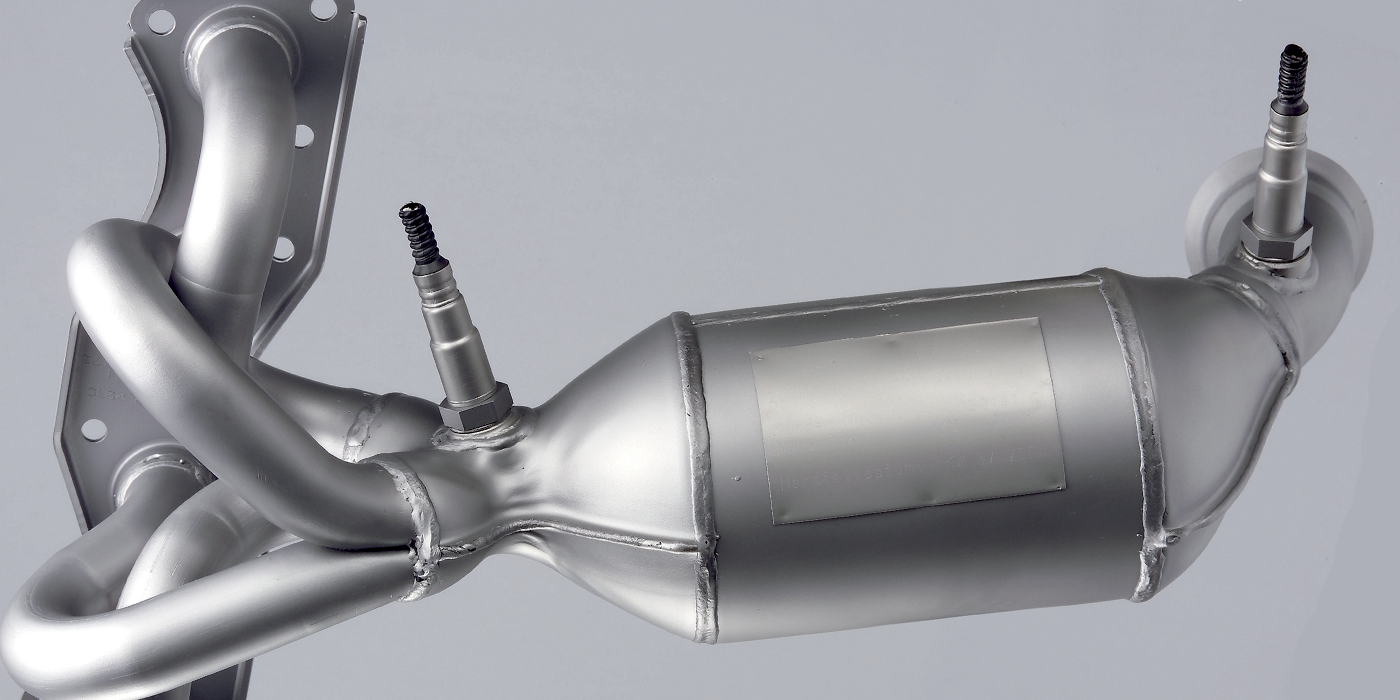Introduction
In today’s technologically advanced automotive landscape, vehicles are equipped with sophisticated onboard diagnostic systems to monitor various components and ensure optimal performance. One common issue that car owners may encounter is the appearance of error codes, which indicate problems within the vehicle’s engine or exhaust system. The P0430 code is one such diagnostic trouble code that can illuminate your vehicle’s check engine light. This article aims to provide a comprehensive understanding of the P0430 code, exploring its causes, symptoms, and possible solutions.
Understanding the P0430 Code
The P0430 code is part of the On-Board Diagnostics II (OBD-II) system, which monitors the efficiency of the catalytic converter in your vehicle’s exhaust system. When this code appears, it indicates that the catalytic converter in bank 2 is not performing as efficiently as it should be. Bank 2 refers to the side of the engine that does not contain the first cylinder. This inefficiency could be due to various reasons, such as a faulty catalytic converter, oxygen sensor, or exhaust leak.

Causes of the P0430 Code
- Faulty Catalytic Converter: One of the primary causes of the P0430 code is a malfunctioning catalytic converter. Over time, catalytic converters can degrade or become clogged due to the accumulation of pollutants, leading to reduced efficiency and triggering the error code.
- Oxygen Sensor Issues: Oxygen sensors (also known as O2 sensors) play a crucial role in monitoring the exhaust gases and helping the engine control module (ECM) adjust the air-fuel mixture. A malfunctioning oxygen sensor can provide incorrect data to the ECM, leading to catalytic converter inefficiency and the P0430 code.
- Exhaust Leaks: Leaks in the exhaust system, especially near the oxygen sensors, can introduce additional oxygen into the exhaust gases. This disrupts the sensor readings and can trigger the P0430 code.
- Engine Misfires: Persistent engine misfires can overload the catalytic converter with raw fuel, causing it to overheat and deteriorate. This condition can lead to catalytic converter inefficiency and the appearance of the P0430 code.
Symptoms of the P0430 Code
- Check Engine Light: The most noticeable symptom of the P0430 code is the illumination of the vehicle’s check engine light on the dashboard.
- Reduced Fuel Efficiency: A faulty catalytic converter can affect the vehicle’s fuel efficiency, causing decreased miles per gallon (MPG) and increased fuel consumption.
- Lack of Engine Performance: If the catalytic converter is severely damaged, it can lead to reduced engine performance, including sluggish acceleration and rough idling.

Solutions to the P0430 Code
- Diagnosis: When the check engine light illuminates, it is crucial to have the vehicle diagnosed by a qualified mechanic or technician. They will use a scan tool to retrieve the specific error code and perform additional tests to identify the root cause of the problem.
- Inspect and Repair Exhaust System: Thoroughly inspect the exhaust system for leaks, cracks, or damage. Repair any issues found, ensuring that the exhaust gases remain sealed within the system.
- Replace Oxygen Sensors: If faulty oxygen sensors are detected, replace them with high-quality, compatible sensors. Proper functioning sensors are essential for accurate data transmission to the ECM.
- Catalytic Converter Replacement: If the catalytic converter is confirmed to be faulty, it may need to be replaced. It’s essential to choose a high-quality, compatible catalytic converter to ensure optimal performance and emissions control.
- Address Engine Misfires: If engine misfires are contributing to the problem, diagnose and repair the underlying causes. This may involve replacing spark plugs, ignition coils, or addressing other ignition system issues.
Conclusion
The appearance of the P0430 code can be a cause for concern, but with timely diagnosis and appropriate repairs, it is a problem that can be resolved. Regular maintenance, including checking and replacing faulty components, is essential to keep your vehicle’s exhaust system in optimal condition. If you encounter the P0430 code, it is advisable to seek the expertise of a professional mechanic to accurately diagnose the issue and perform necessary repairs, ensuring your vehicle runs efficiently and environmentally responsibly.